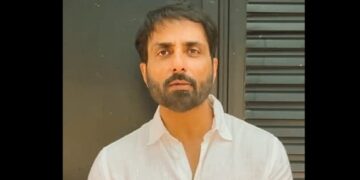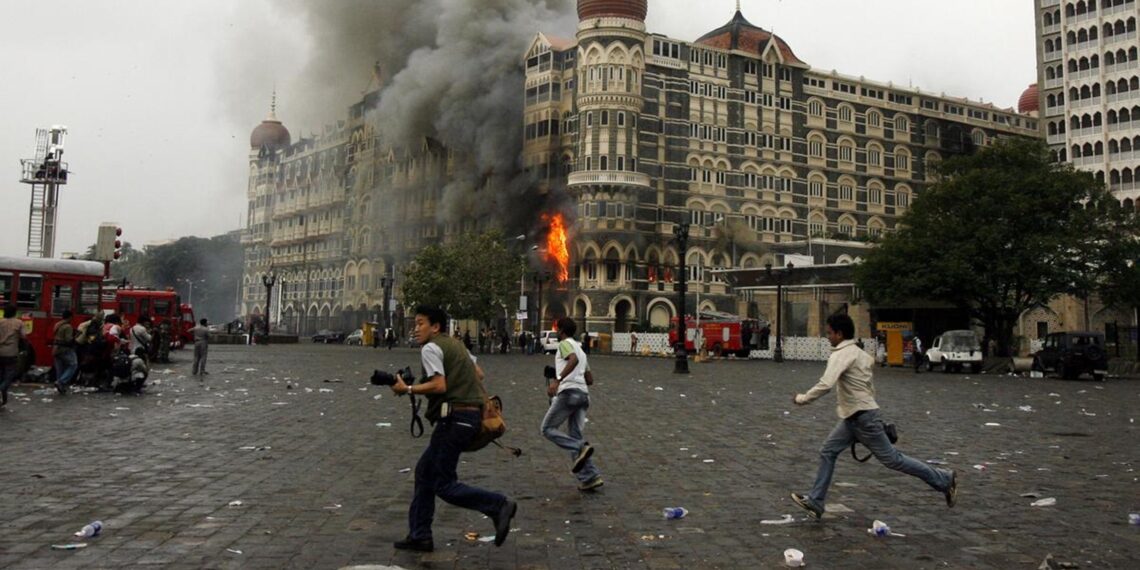Washington: The US Supreme Court has denied a petition by Tahawwur Rana, a key accused in the 2008 Mumbai terror attacks, effectively clearing the way for his extradition to India.
The court’s ruling, issued on January 21, rejected his last legal challenge against the extradition, dismissing his appeal without further review.
This marks the end of his legal efforts to avoid facing charges in India for his role in the deadly attacks that claimed 166 lives.
Rana, a Canadian national of Pakistani descent, had previously lost legal battles in various federal courts, including the US Court of Appeals for the Ninth Circuit in San Francisco.
On November 13, 2020, he filed a petition for certiorari before the Supreme Court, seeking to overturn the lower court’s decision.
However, the Court denied the petition, with the ruling coming just a day after the inauguration of former US President Donald Trump.
Currently detained at the Metropolitan Detention Center in Los Angeles, Rana has faced several criminal charges related to the 2008 Mumbai attacks, including conspiracy and providing support to the Lashkar-e-Taiba (LeT) terrorist group.
He is also under scrutiny for his association with David Coleman Headley, the Pakistani-American operative who is believed to have played a central role in planning the attacks.
The legal battle began after the US agreed to honour India’s extradition request, which was first formally submitted in December 2019.
In June 2020, the Indian government sought Rana’s provisional arrest as part of its efforts to bring him to trial.
Despite Rana’s attempts to block the extradition, the US government, under President Joe Biden’s administration, supported India’s request.
ALSO READ: Mizoram truckers end strike after government pledges urgent repairs on damaged highway
The extradition process was supported by the 1997 US-India Extradition Treaty, which mandates both countries to cooperate in such matters.
Rana’s involvement in the 2008 terror attack, which saw 10 Pakistani militants lay siege to multiple locations in Mumbai for over 60 hours, left 166 people dead, including six Americans.
His extradition to India will allow him to stand trial for his alleged role in the atrocity, which was orchestrated with the help of Headley and Lashkar-e-Taiba.















